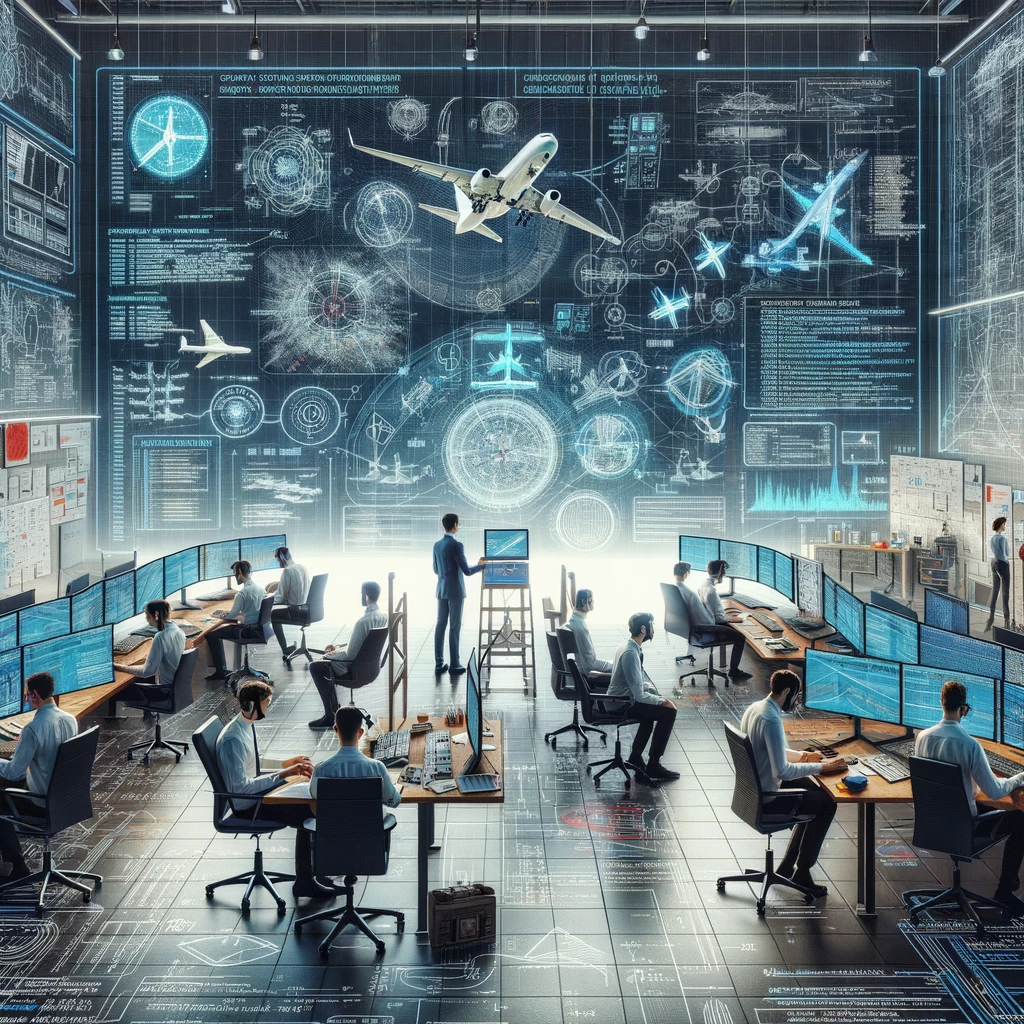The aviation industry is in a state of perpetual evolution, driven by technological advancements that are reshaping the very fabric of air travel. This rapid pace of innovation presents a significant challenge to the legal framework governing aviation, demanding constant adaptation and a proactive approach to regulation. Navigating these new horizons requires a nuanced understanding of emerging technologies and their potential legal ramifications, ensuring that safety, security, and efficiency remain paramount.

One of the most transformative innovations is the proliferation of unmanned aircraft systems (UAS), commonly known as drones. These remotely piloted aircraft are finding applications in a wide range of sectors, from aerial photography and package delivery to infrastructure inspection and agricultural monitoring. However, the integration of drones into existing airspace raises complex legal questions regarding airspace management, airworthiness certification, privacy, and liability. Existing aviation regulations, primarily designed for manned aircraft, are often ill-equipped to address the unique characteristics of drone operations. Consequently, regulatory bodies are grappling with the development of new rules and procedures to safely and effectively integrate drones into the national airspace system. This necessitates a delicate balance between fostering innovation and mitigating potential risks.
Another area of significant innovation is the development of advanced air mobility (AAM), encompassing urban air mobility (UAM) and regional air mobility (RAM). These concepts envision the use of electric vertical takeoff and landing (eVTOL) aircraft for urban and regional transportation, offering the potential to alleviate traffic congestion and improve connectivity. However, the realization of AAM and RAM requires significant regulatory advancements in areas such as airspace management, vertiport infrastructure, pilot certification, and noise pollution. Existing regulatory frameworks are inadequate to address the unique operational characteristics of eVTOL aircraft, necessitating the development of new certification standards and operational rules.
The increasing reliance on data and connectivity in aviation also presents new legal challenges. The widespread use of data analytics, artificial intelligence, and machine learning in areas such as predictive maintenance, flight optimization, and air traffic management raises questions regarding data ownership, privacy, and cybersecurity. Robust legal frameworks are needed to protect sensitive data, ensure data integrity, and address the potential for cyberattacks on aviation systems. The legal implications of autonomous systems, including autonomous aircraft and air traffic management systems, are also a subject of ongoing debate. Establishing clear lines of responsibility and liability in the event of an incident involving autonomous systems is a crucial legal challenge.
Furthermore, the legal framework must adapt to the growing focus on environmental sustainability in aviation. The industry is facing increasing pressure to reduce its carbon footprint and mitigate its environmental impact. This necessitates the development of new regulations and incentives to promote the adoption of sustainable aviation fuels, improve aircraft fuel efficiency, and implement emissions trading schemes. International cooperation is essential to address the global nature of aviation emissions and ensure a coordinated approach to environmental regulation.
Innovation in aviation is driving profound changes in the industry, demanding a proactive and adaptable legal framework. Navigating these new horizons requires a deep understanding of emerging technologies and their potential legal ramifications. By fostering collaboration between regulators, industry stakeholders, and legal experts, the aviation legal framework can effectively address the challenges and opportunities presented by innovation, ensuring a safe, secure, efficient, and sustainable future for air travel.

